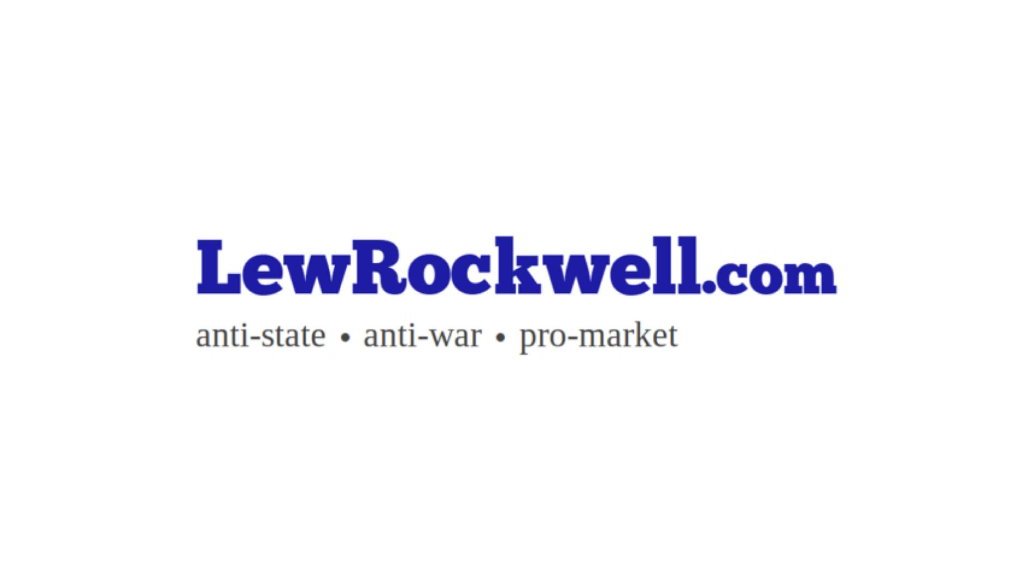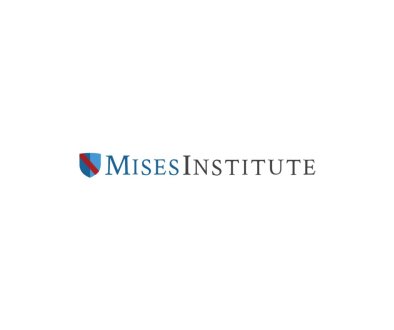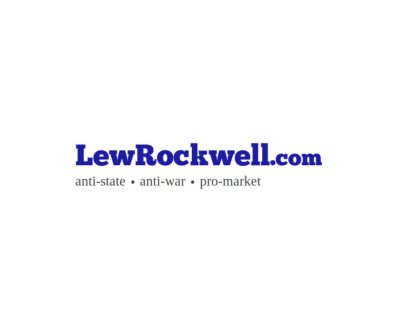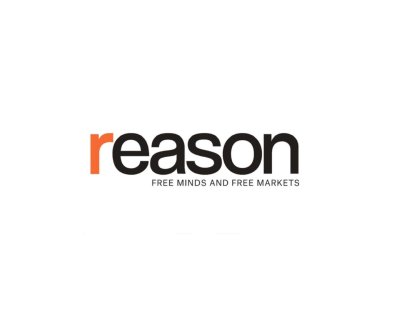Who Paid for the Bombs?
On March 15 2025 President Trump started bombing the Houtis in Yemen. The scandal about leaked text messages via signal chat regarding the bombings of the Houtis in Yemen is another diversion from the real scandal. The scandal is not that military information was leaked out to media before the attack. The scandal is that the attack was illegal and unconstitutional. That seems to be ignored.
President Trump had no authorization to bomb the Houtis in Yemen. There was no Declaration of War by Congress. There was no authorization for the use of force by Congress. There are no national security interests at stake and there was no imminent threat to the United States. Bombing the Houtis to send a message to Iran is not a justified reason to bomb the Houtis.
America First Congressional Representative, Thomas Massie, stated that the attacks on Yemen were in fact illegal as evidenced by the leaked signal chat conversation. The President should have gone to Congress as there was no imminent threat.
The United States government is running in the red and required a continuing resolution to keep the government funded. This means that we borrowed money to fund the illegal war on Yemen.
So, this begs the question, who paid for the bombs?
Guess your grand kids did. That seems fair since the grandkids of the people killed will probably grow up hating your grandkids. Since they will likely be targets, we may as well stick them with the bill too.
Now Houtis are targeting U.S. warships. U.S. airstrikes were carried out last night killing a couple more people. Trump stated that he will be bombing the Houtis for a long time and stated that the air strikes were very successful. The United States carried out 65 airstrikes in
Article from LewRockwell

LewRockwell.com is a libertarian website that publishes articles, essays, and blog posts advocating for minimal government, free markets, and individual liberty. The site was founded by Lew Rockwell, an American libertarian political commentator, activist, and former congressional staffer. The website often features content that is critical of mainstream politics, state intervention, and foreign policy, among other topics. It is a platform frequently used to disseminate Austrian economics, a school of economic thought that is popular among some libertarians.




